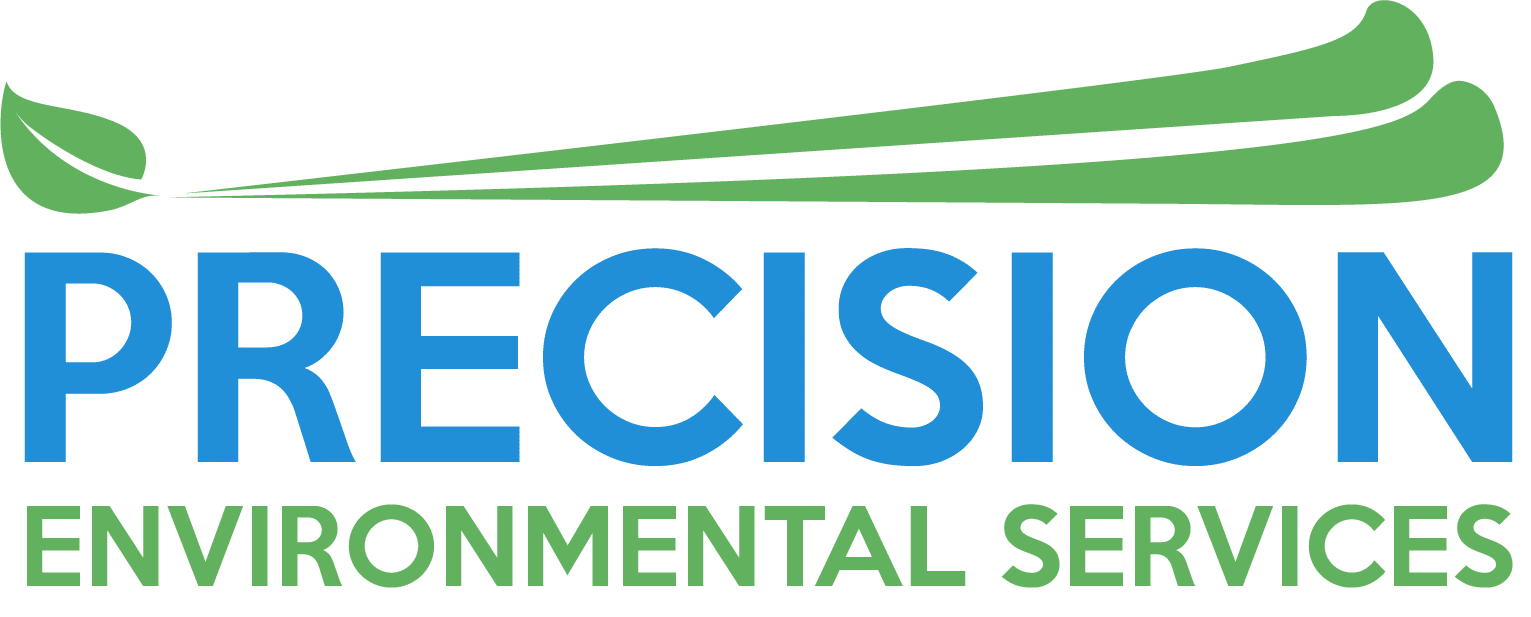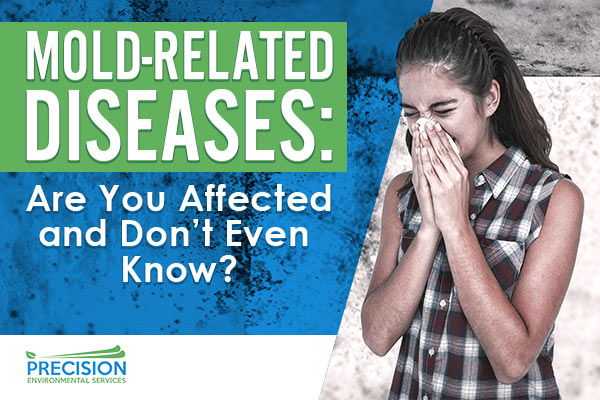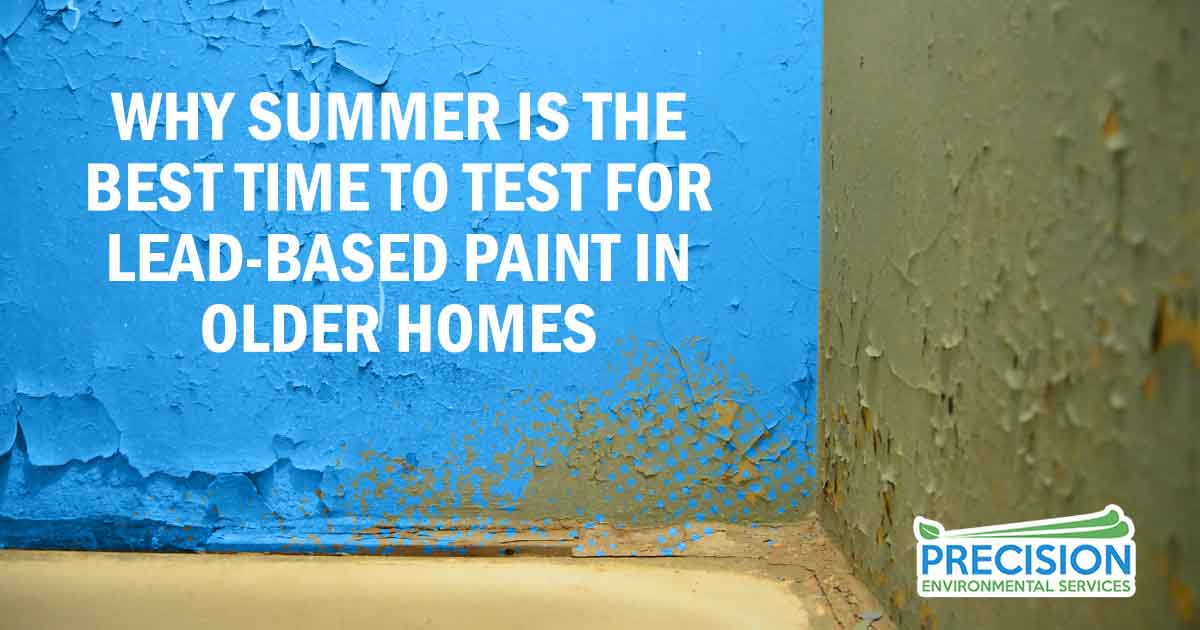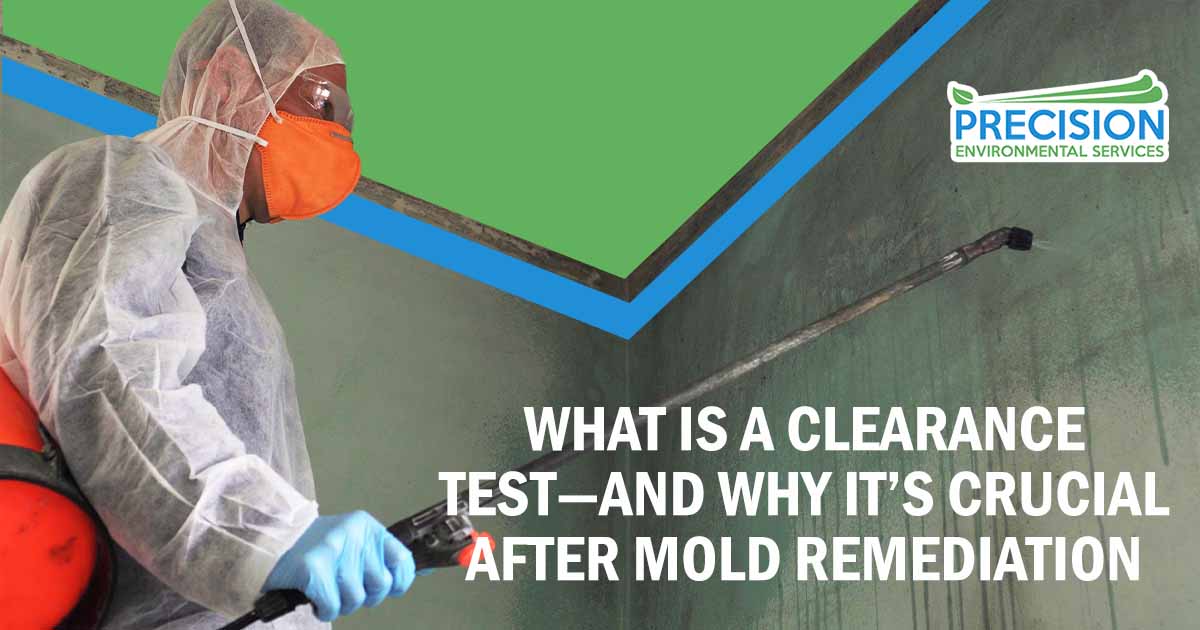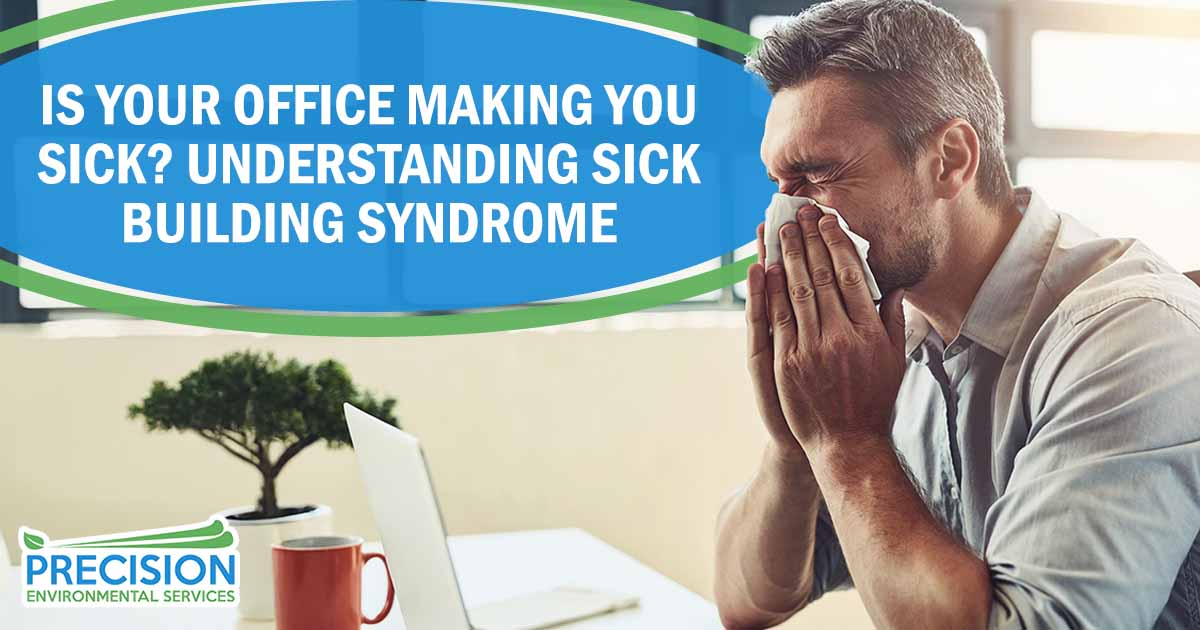Mold-Related Diseases: Are You Affected and Don’t Even Know?
How many people around the world are suffering from mold-related diseases and don’t even know it?
Are you one of them? If you don’t know for sure… This article will help you find out.
How?
By uncovering what common mold-related illnesses people are afflicted with. As a result, you will learn what health problems are caused by mold exposure.
These insights will help you find relief from mold-related illnesses.
So let’s not waste any time and get started.
What are some common mold-related diseases?
If you have suffered from itchy eyes, a nagging cough that just won’t quit, shortness of breath, or skin irritation, it’s quite possible you may be suffering from a mold associated disease that is affecting your immune system.
What is a mold-related disease anyway? Simply, it is any symptom you encounter that causes you discomfort caused by the presence of mold.
There are acute (sudden) diseases, like allergic reactions, and there are chronic diseases that are present more often. Like chronic asthma for example.
When it comes to mold-related diseases, they are environmental and can start as acute problems, and over time become chronic (long-term discomfort) problems if not recognized early on.
Precision Environmental Services reports, Asthma, allergic reactions, pneumonia, and other severe respiratory systemic problems can fester as mold-related diseases go untreated, and ignored.
What causes mold-related diseases?
Allowing mold-related disease to go untreated is not very wise. Ignoring your associated symptoms of consistent sneezing, shortness of breath, or a scratchy throat every time you go into the basement to do laundry can cause severe consequences for your health.
So what causes mold-related diseases anyway? Let’s take a quick look at this in more detail.
If you have a mold allergy, your immune system has an exaggerated response when you breathe in mold spores.
As mold spores travel through the air, they produce allergens and irritants. These substances cause your body to react in certain ways. They create recognizable symptoms of discomfort, infection and immune system problems. Problems which are relieved, when you remove yourself or the mold from the your home or building.
What health problems are caused by mold?
When you remove yourself from the bombardment of mold spores you begin to feel better. But the mold is still there.
Over time the continued irritation from the mold increases. In a violent onslaught on your immune system and senses, it can cause these other common mold-related diseases to manifest.
- Chronic Rhinorrhea – This is a fancy way of saying a runny nose. Mold can also create chronic Rhinosinusitis, which causes a stuffy nose. Often leading to increased sinus infections.
- Bronchitis – This is the inflammation of your bronchial tubes (airway passages leading to your lungs). As they inflame they begin to lose their elasticity, causing several long-term breathing problems. Black mold is a common mold type related to bronchitis.
- Hypersensitivity Pneumonitis – Inflamed lung tissue, which causes irreversible scarring if left untreated.
- Recurrent Pneumonia – This happens when your lungs are filled with fluid because of chronic irritation of the lung or both lungs (double pneumonia).
- Mold Induced Asthma – In people with an allergic reaction to mold, breathing in mold spores can cause an asthmatic flare-up, restricting your ability to breathe comfortably.
- Skin Infections – In some cases mold-related disease involves infections of the skin. Causing itchy, irritated, and patchy locations that appear dry and flakey.
How do you know if mold is making you sick?
If you are experiencing any of these symptoms when inside your home, or in a specific location of your home or environment, it can be a sign of an allergic reaction to mold.
Noteworthy symptoms of the mold-related disease include:
- Sneezy
- Stuffy or runny nose
- Insomnia
- Wheezing
- Post-nasal drip, coughing
- Itchy eyes, nose, and throat
- Dry, or scaly skin
Mold related symptoms and diseases vary from person to person. They can be severe for you and minor for another. If the symptoms continue to persist, that’s a good indicator to seek further answers.
What are some treatment options?
If you suspect you are suffering from a mold-related disease. There are two things you can do which can make an immediate impact on your current health, environment, and long-lasting benefits to your health going forward.
- Consult your doctor – They may have specific testing they can do, to confirm your suspicion of mold. Starting with a physical examination. He or she may also recommend allergy testing.
That can be a skin prick test or blood test that can specifically measure your immune response to mold.
Some specific treatments could include various medications that specifically target your area of discomfort when your immune system responds adversely to mold.
One medication to prevent a reaction, another to relieve a flare-up.
- Precision Environmental Services – The next step is mold remediation services. This means first the removal of mold. Then the prevention of mold.
When you think about how to best position your home and family to eliminate mold from your home, office, or structure Precision Environmental Services is the leader.
What you need is testing that is done with precision to make sure it is the mold that’s affecting you, your family, or employees.
They run tests on the air quality, doing a preliminary air quality assessment. They also do visual assessments among other testing to check for mold and moisture. They follow all the state guidelines required to properly and confidently begin mold remediation services.
If you suspect mold is causing you discomfort, use the over two decades of environmental experience to get started and call Precision Environmental Services a call at 940-597-2673.
How can you prevent mold from forming?
- Confirm problem areas in your home, and correct them.
- Prevent moisture with proper ventilation.
- Monitor the humidity inside your home.
- Make sure to improve airflow inside your home.
- Do all you can keep moisture under control
There are several preventative steps to take to ensure the certainty of mold remediation and elimination. Seeking professional assistance is the best solution.
Summary and Next steps
By paying close attention to your symptoms and consistent discomfort in an environment, you can make conscious decisions that can improve your health and help you uncover mold-related diseases.
So what have you learned?
This article has helped you learn what mold-related diseases are, what symptoms they present, and some steps to confirm that it is in fact mold that’s making you sick. You also learned what treatment options you have.
Both from your Dr, and a commercial provider of mold remediation.
You are no longer in the dark, and will no longer ignore your acute symptoms of sneezing or difficulty breathing. You know how serious it is to make sure mold is not making you sick.
Precision Environmental Services can help you learn even more and get your questions answered. Don’t let mold spores take over your home or let a mold-related disease fester and grow inside you! Pick up the phone and call Precision Environmental Services today at (940) 597-2673 to get your professional assessment.
